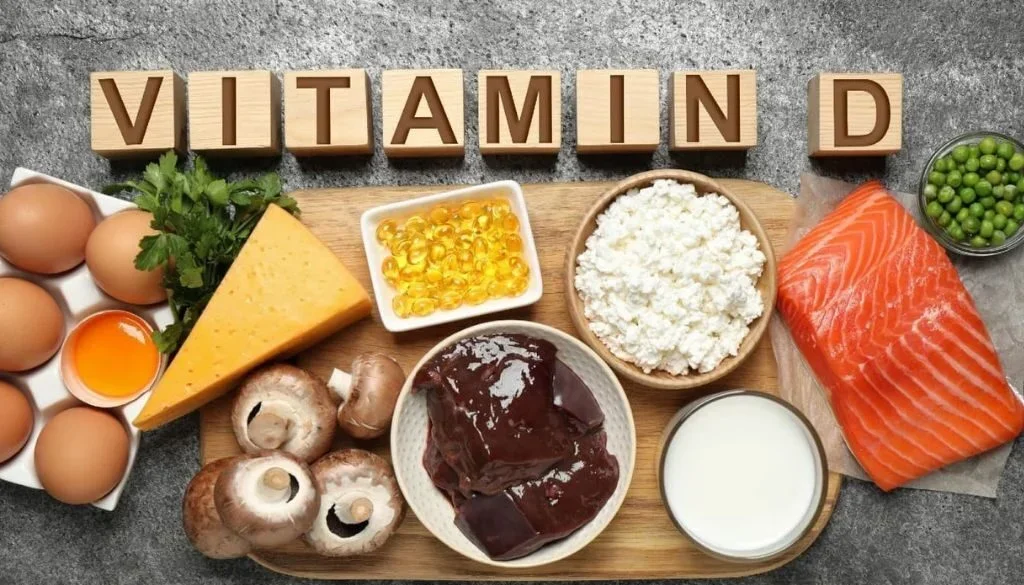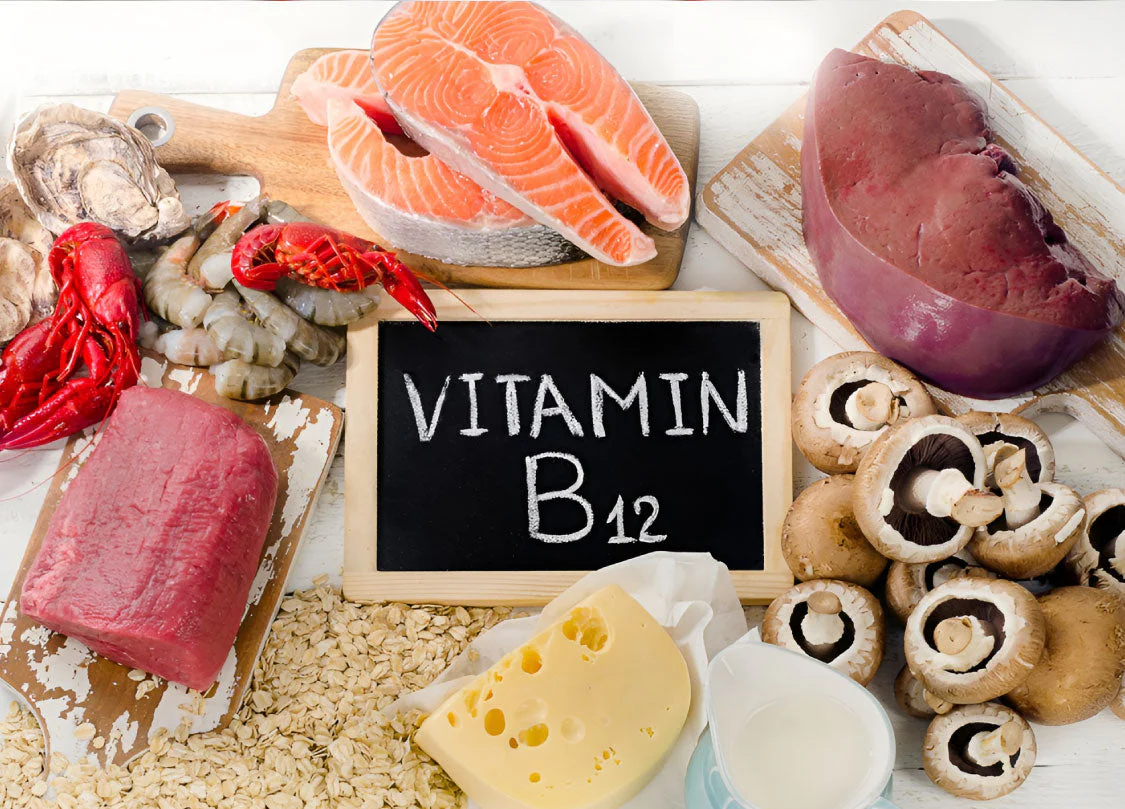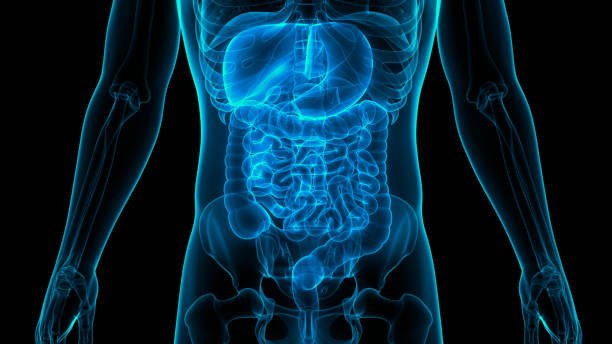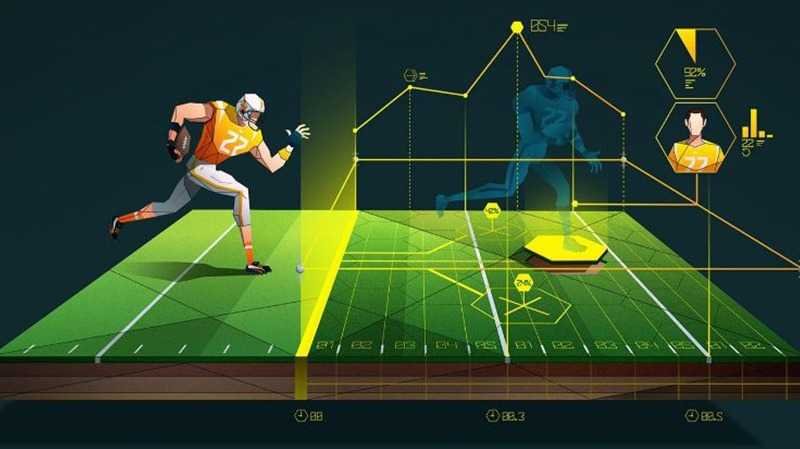For optimal absorption, vitamin D supplements should be taken with a meal that contains healthy fats. Because vitamin D is a fat-soluble vitamin, it requires dietary fat to be effectively absorbed into the bloodstream. The specific time of day—whether morning or evening—is less important than ensuring it's taken with food that supports absorption. Research consistently shows that vitamin D taken with fatty foods significantly increases blood levels compared to taking it on an empty stomach. One study found that individuals who took vitamin D with a high-fat meal experienced a 32% higher increase in blood vitamin D levels over 12 hours compared to those who took it with a fat-free meal. Including healthy fat sources in your diet can improve the effectiveness of your supplement. These include foods like avocados, nuts such as almonds and walnuts, seeds, full-fat dairy products including milk, yogurt, and cheese, eggs, fatty fish like salmon and sardines, and oils such as olive oil. While some people prefer taking supplements in the morning to establish a consistent routine or because they feel more energized, others take them in the evening with dinner or a snack. There is no conclusive evidence that one time of day is better than another for vitamin D absorption. However, if taking it late in the day affects your sleep, potentially due to its interaction with melatonin, consider switching to an earlier time. Ultimately, the most important factor is consistency and combining the supplement with a meal rich in healthy fats to ensure effective absorption and long-term benefits.






































